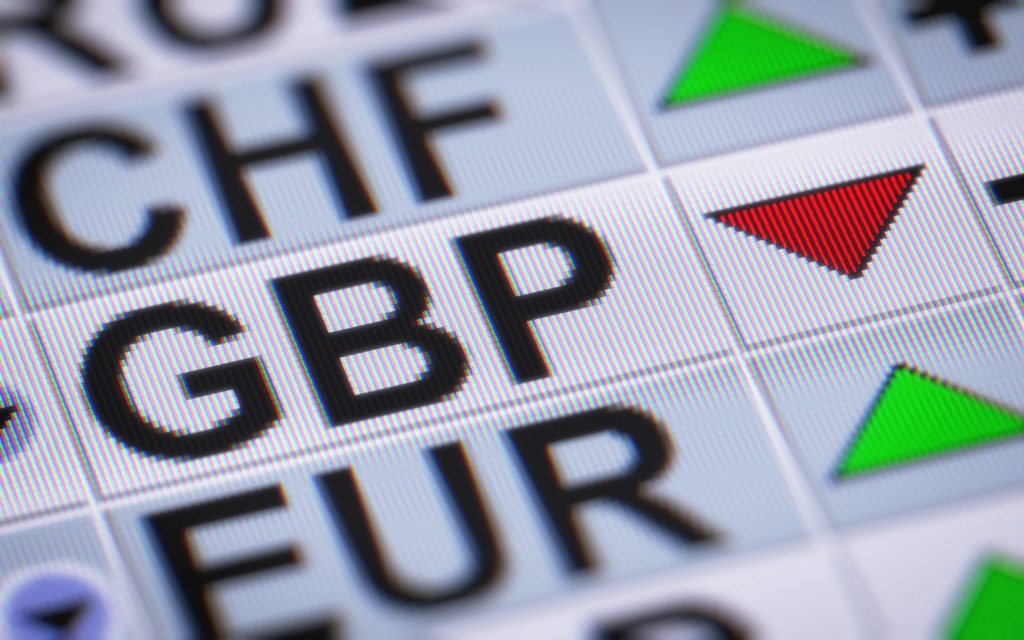The pound has fallen to a record low against the dollar as markets react to the UK’s biggest tax cuts in 50 years.
In early Asia trade, sterling fell close to $1.03 before regaining some ground to stand at about $1.07 on Monday morning, UK time.
Chancellor Kwasi Kwarteng has promised more tax cuts on top of a £45bn package he announced on Friday amid expectations borrowing will surge.
The pound has also been under pressure due to strength of the dollar.
The euro also touched a fresh 20-year-low against the dollar amid investor concerns about the risk of recession as winter approaches with no sign of an end to the energy crisis or the war in Ukraine.
If the pound stays at this low level against the dollar, imports of commodities priced in dollars, including oil and gas, will be more costly.
Other goods from the US could also be considerably more expensive and British tourists visiting America will find that their holiday money does not go as far as before sterling’s slide.
There are also concerns that the tax cuts and a surge in government borrowing will stoke high inflation and force the Bank of England to raise interest rates even further. This would raise monthly mortgage costs for millions of homeowners.
At the weekend, Mr Kwarteng said “there’s more to come” in terms of tax cuts after announcing a massive shake-up of taxes on Friday during a “mini-budget” to boost economic growth.
Under the plans, which he hailed a “new era” for the economy, income tax and the stamp duty on home purchases will be cut and planned rises in corporation taxes have been scrapped. He said the government will get rid of the top rate of income tax of 45% for people earning over £150,000 a year.
As well as outlining £45bn in tax cuts, the government confirmed it would spend £60bn for the first six months of its scheme to subsidise rising energy bills for households and businesses. But that cost is expected to rise as the scheme to support households will last for two years.
Shadow chancellor Rachel Reeves described the fall in sterling as “incredibly concerning”.
She added: “We need to hear from the chancellor his plans to get a grip on the public finances because that is what is giving real concern to market traders” and “working people”.
